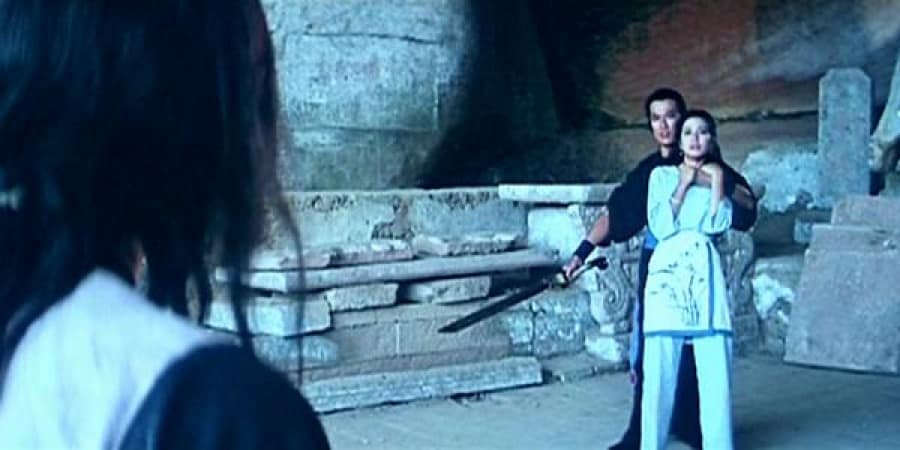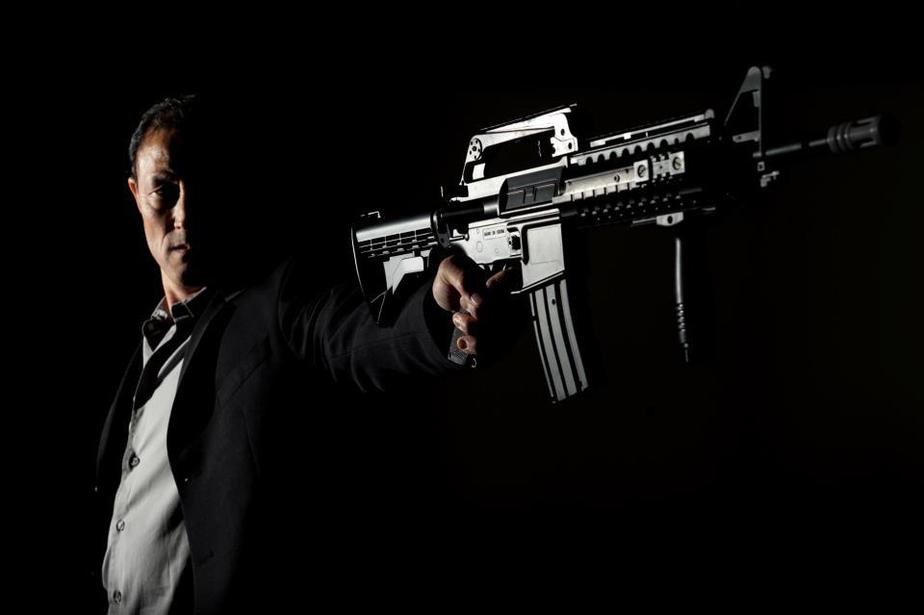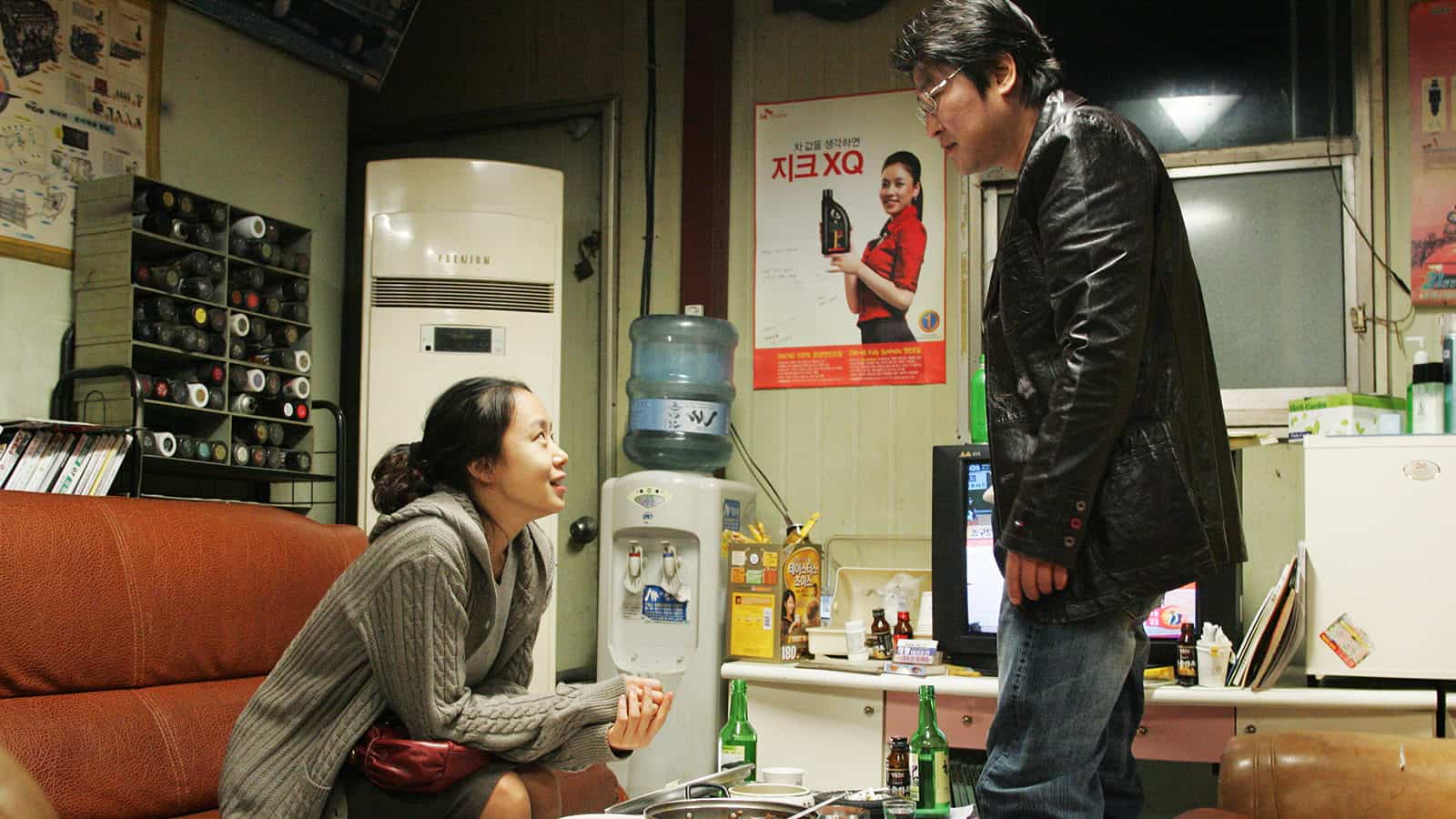Occasionally considered Johnnie To's debut (despite that he had already some experience with TV films) and occasionally part of the New Wave, for its unusual narrative style for a wuxia and the similarities it shared with “The Butterfly Murders” and “The Sword”, “The Enigmatic Case” (which he co-directed with Andrew Kam) did not do well in the box office, with To having to return back to TV for a number of years.
Buy This Title
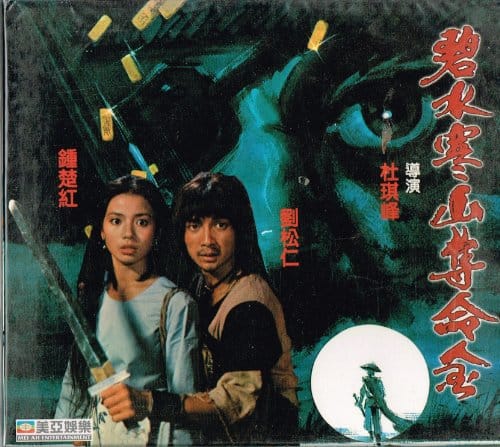
Lu Tien-chun is an imprisoned swordsman, who spends his time in prison, accused of killing three men and burning a whole village. Normally, he would have been executed, but the authorities believe he knows the whereabouts of a large amount of gold, the reasoning behind his crimes. One-eyed warden Hsiung Chen is particularly interested in extracting the secret and is willing to torture the young man to do so. However, Lu Tien-chun manages to escape with the help of his fellow inmate, and begins an effort to clear his name, while Hsiung Chen is on his path. Eventually, he stumbles upon Yu Pei-pei, a young girl who likes him initially, but turns against him when she realizes he is the one accused for her father's murder. As more people come after Lu Tien-chun for his gold, the real case is revealed through a number of twists, which lead to an inevitable showdown, while Pei-pei changes her mind about him once again.

At 25 years of age, Johnnie To did not have the command of the medium he exhibited later, something that becomes rather evident in the way the narrative unfolds, with the many flashbacks being more confusing than intriguing, in a script by Yan Zhu that is, unnecessarily complicated. Furthermore, both the writing and the presentation of the characters is occasionally paper-thin, with Tien-chun seeming more like a constant victim of circumstances than someone who shapes the events around him, and Pei-pei functioning mostly as a tool for the story to progress than a full-fledged character. One of the deaths during the ending seems utterly unjustified, while a number of secondary characters and the event instigated by them are almost nonsensical. This aspect also takes its toll in the acting, with Damian Lau as Tien-chun and a very young Cherie Chung as Pei-pei suffering from the writing of their characters, although the former is quite convincing in the action scenes and the latter's beauty truly fills the screen.
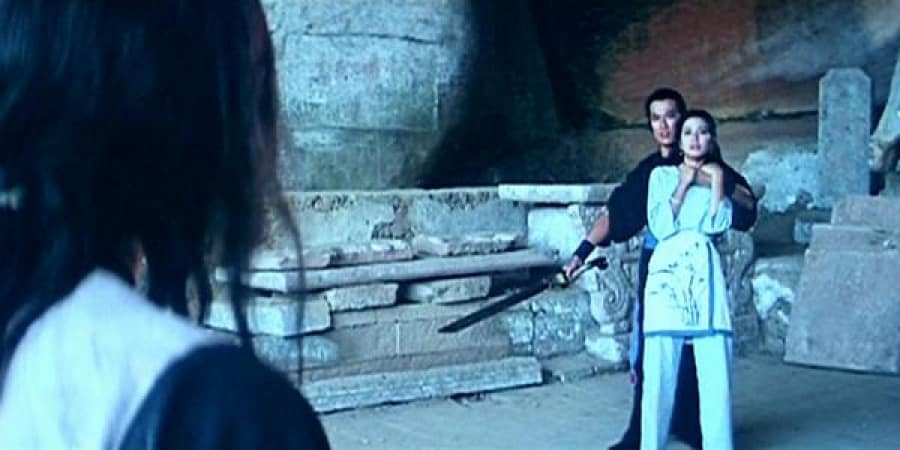
Lastly, To manipulates the film speed on a number of occasions, using both fast forward and slow motion, which does not work that well, however, most of the time, while occasionally it even becomes annoying, as in the scene with the prison break, for example.
The film, however, is not without its merits, particularly in terms of its audiovisual presentation, with To highlighting once more his talent for composition. In that fashion, the spaghetti western/Japanese samurai elements are well implemented, with particularly the initial, music-video like scene being rather impressive. The use of music, in general, if a bit excessive, also adds to the overall entertainment the film offers, while the job done in the location scouting and the cinematography is top notch, with the various chasing scenes in the fields and the fights inside caves being truly memorable. The last aspect also highlights the action choreographies by Wu Chieh-chiang, that occasionally are rather brutal but always impressively shot, also benefiting the most by the setting they take place.
The aforementioned aspects also share many similarities with Shaw Bros films, but the ending, on the other hand, takes a rather unusually tragic turn, which seems as an effort at innovation, similar to the dark pessimism exhibited by the new wave films, but in the end, it was probably the one that deterred the audience. Furthermore, the setting of poorness To creates, with most people presented on film living in extreme poverty, could also be perceived as a kind of social comment for the era, particularly in the scene with the mother and the child that “stumble” upon Tien-chun.
“The Enigmatic Case” is a mixed bag of a film, but there is enough flair and entertainment here to make the title one worth watching, while the finale is actually, quite impactful.


